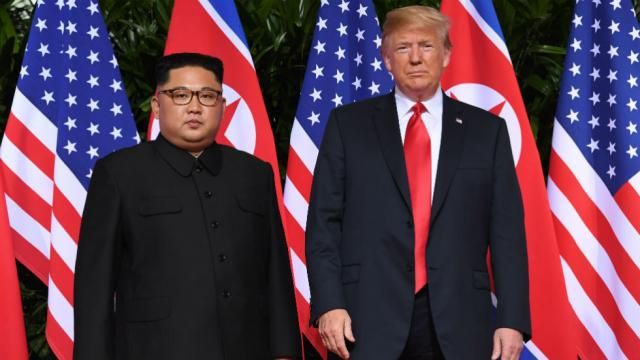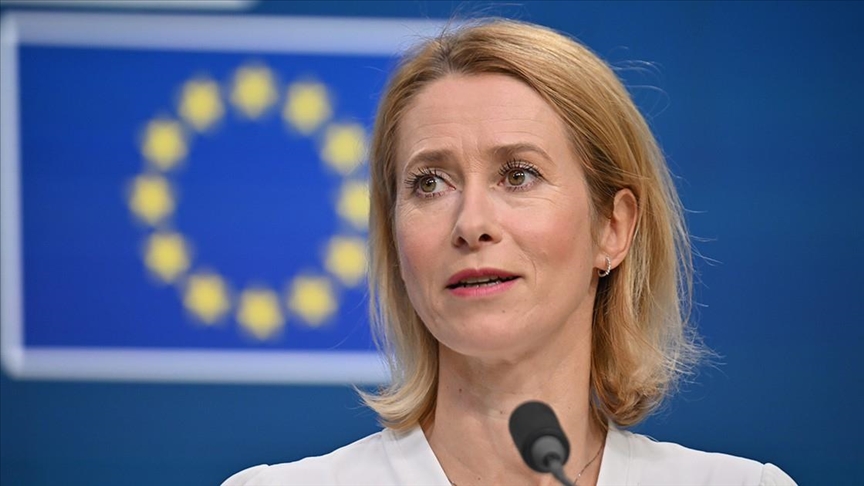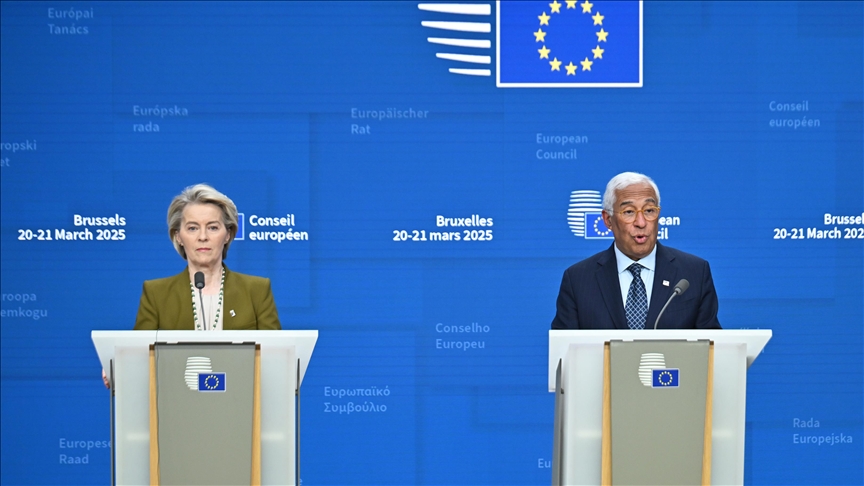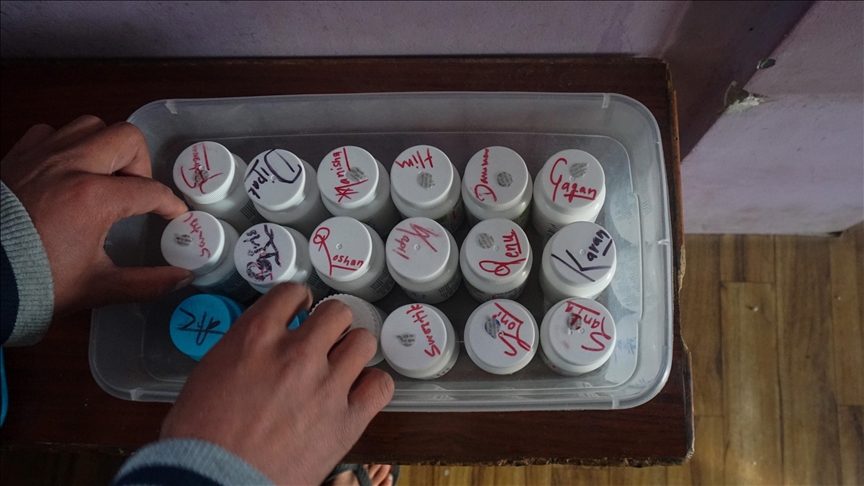The meeting between Kim Jong Un and President Trump charts the way to a potentially epochal shift in the regional balance of power and a new approach to the nuclear proliferation. Unlike the previous American administrations that were content with the awe-inspiring strategy of deterrence, Donald Trump has to deal with nuclear actors that could not be deterred by their own demise. Hence, the deterrence becomes less and less reliable and ephemeral.
The Kim Jong Un-Trump communiqué is a product of a new thinking, or shall we say the Trump Nuclear Non-proliferation Strategy. Although short on tangibles, actions speak louder than words or propaganda visuals. Kim agreed to get rid of nuclear weapons not out of the goodness of his heart or an inspiration for his people to explore the fruits of modernity. He has been forced into an agreement by strategic and economic realities.
Those who argue that history never repeats itself should ponder the striking similarities between the current state of the North Korean economy and the Soviet Union’s prior to its dissolution. In both instances the socialist economies, after 70 years of “triumphant accomplishments”, become sclerotic and find themselves on the brink of collapse and the countries are on the verge of political disintegration.
In the mid-1980’s Ronald Reagan, by encouraging the Saudis to flood the market with cheap oil, deprived the Soviet Union of revenue while engaging the Soviets into an arms race, forced the breakdown of the Soviet economy. Just as Ronald Reagan, perhaps more overtly, Donald Trump, by imposing sanctions, deprived North Korea of proceeds from sales of coal and other commodities while North Korea was engaged in an arms race of its own, effectively strangled the tiny North Korean economy.
Trump’s strategy of a combination of falling revenue and rising expenditure brought North Korea to the point where Kim did not even have the hard currency to pick up a hotel bill in Singapore.
Against this backdrop, it is exceedingly evident that Trump’s approach and subsequent agreement are not the repeated history of his predecessors.
It isn’t Bill Clinton’s 1994 announcement, “North Korea freezes major elements of its nuclear program.”
It isn’t the Bush administration’s six-party talks, which eventually led to an agreement to cease nuclear testing in 2007 in exchange for 950,000 metric tons of fuel oil or economic aid worth the same.
It isn’t Obama’s 2012 nuclear agreement with North Korea that in exchange for a moratorium on nuclear-weapons and missile-delivery activities the U.S. agreed to provide food aid.
A practical effect of the previous administrations’ approach was that North Korea had been getting economic aid to build nuclear capability.
This time Kim is confronted by a confluence of unfavorable circumstances; besides the impending collapse of the economy and resoluteness of Donald Trump, it is also timing. Kim is racing against time. He will be facing internal political pressure as a result of signing a denuclearization agreement with the arch-enemy the United States. By meeting Trump and signing the document Kim announced to his people that America is the enemy no more.
His problem is that the totalitarian communist rulers garner support from their citizens and justify the deprivation and suffering as being surrounded and threatened by hostile forces. If there is no enemy, then how would Kim explain to his people continuing misery while other Koreans across the demilitarized zone prosper? Unless economic conditions in the country significantly improve and fast, a rising tide of domestic discontent by the enslaved population “that has nothing to lose but its chains,” may start challenging Kim’s legitimacy.
To get relief Kim needs to foster cooperation with the U.S., a prerequisite of which is denuclearization.
The ultimate irony is that the agreement may give the communist regime a new lease on life and offer Kim a salvation, but without economic aid, depending on the course of events, the regime may implode under its own weight in a matter of months. Therefore, the question is not whether North Korea will denuclearize; the question is whether Kim can do it fast enough. After all, there is no better stimulus than desperation.










